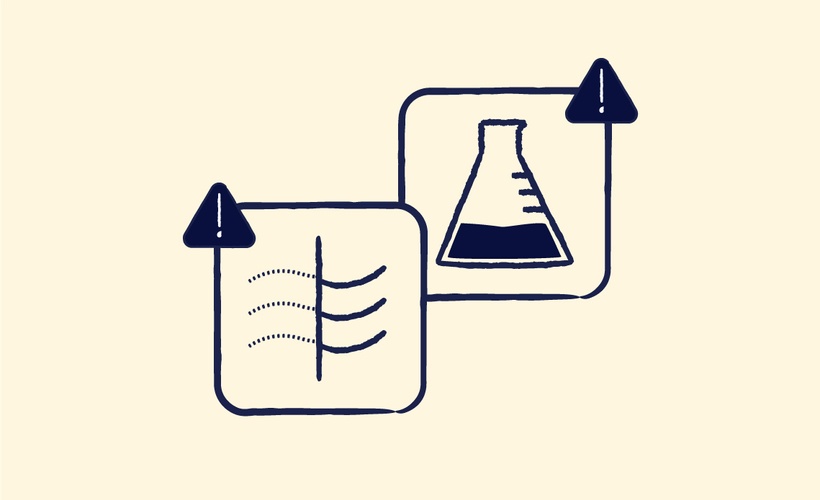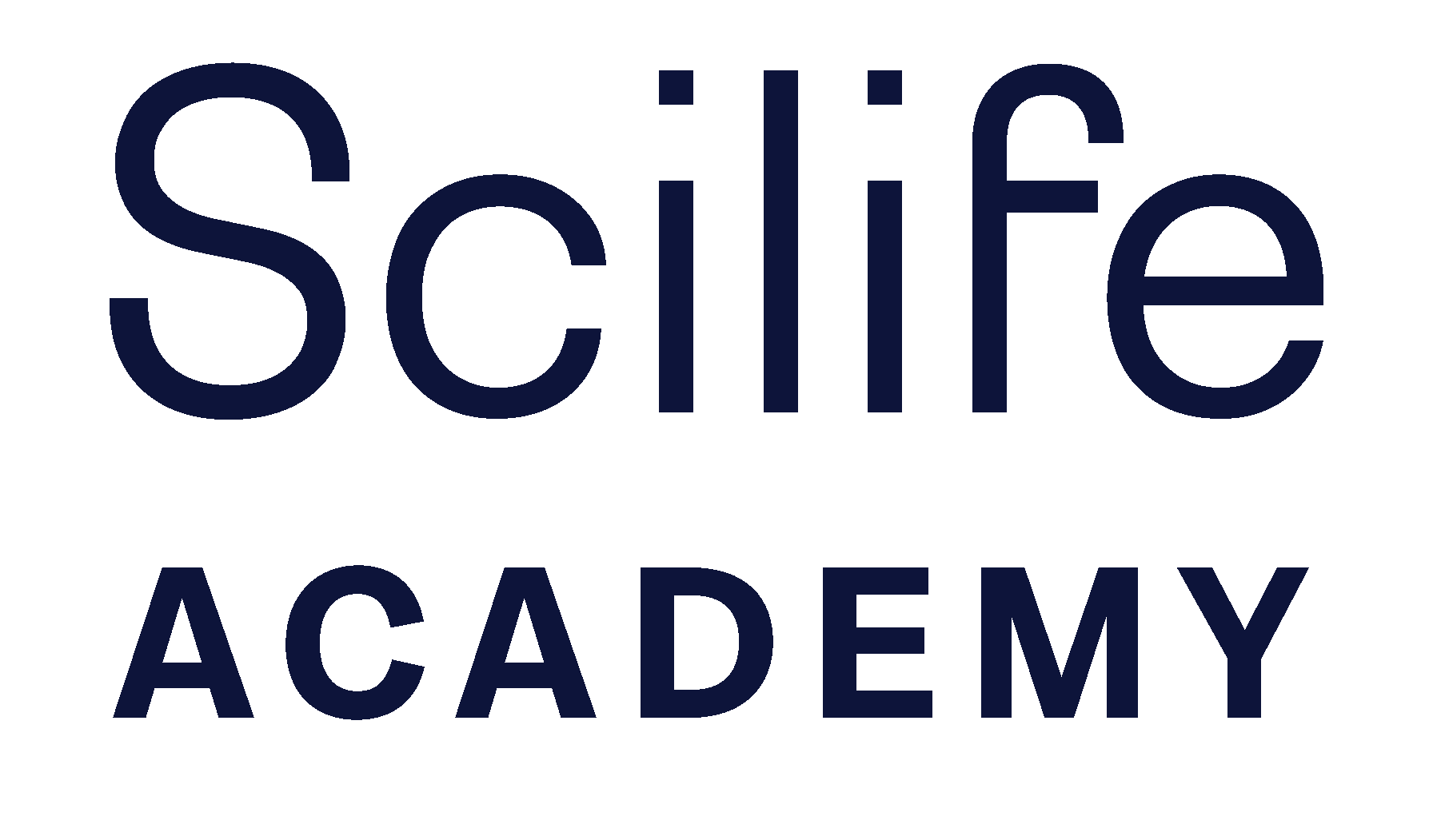
About the Course
Introduction to this course:
Discover effective sterilization methods for medical devices. Learn about filtration and chemical sterilization, which are ideal for heat-sensitive materials. Understand the process of using porous membranes, ethylene oxide, vaporized hydrogen peroxide, and nitrogen dioxide to ensure sterility.
Who should attend:
This course is designed for professionals involved in pharmaceutical manufacturing, healthcare professionals, quality assurance, regulatory affairs, and drug development. It is also beneficial for anyone involved in producing, validating, and maintaining sterile medical devices. Whether you are new to sterilization methods or looking to update your skills, this course offers valuable insights.
Learning Outcomes:
By the end of this lesson, you will be able to:
Recall the principles of filtration and chemical sterilization methods and their applications for medical devices.
Apply appropriate sterilization techniques based on material sensitivity and device requirements.
What will I gain:
Participants will gain a comprehensive understanding of sterilization methods for medical devices, practical skills to apply these techniques effectively, and the ability to analyze and evaluate the suitability of different methods.
Prerequisites:
Prerequisites for this course include a basic understanding of microbiology, medical devices, and chemistry fundamentals.
Additional information:
Course duration:00:14:36
Course code/version (effective date): L-109/v1.0 (28/02/2024)
Course Categories
-
Sterilization methods: filtration and chemical
- Lesson 1: Physical sterilization by filtration
- Lesson 2: Chemical sterilization methods
-
Additional resources
- Mind map: Sterile Medicinal Products
-
Survey
- Course survey
About the Course
Introduction to this course:
Discover effective sterilization methods for medical devices. Learn about filtration and chemical sterilization, which are ideal for heat-sensitive materials. Understand the process of using porous membranes, ethylene oxide, vaporized hydrogen peroxide, and nitrogen dioxide to ensure sterility.
Who should attend:
This course is designed for professionals involved in pharmaceutical manufacturing, healthcare professionals, quality assurance, regulatory affairs, and drug development. It is also beneficial for anyone involved in producing, validating, and maintaining sterile medical devices. Whether you are new to sterilization methods or looking to update your skills, this course offers valuable insights.
Learning Outcomes:
By the end of this lesson, you will be able to:
Recall the principles of filtration and chemical sterilization methods and their applications for medical devices.
Apply appropriate sterilization techniques based on material sensitivity and device requirements.
What will I gain:
Participants will gain a comprehensive understanding of sterilization methods for medical devices, practical skills to apply these techniques effectively, and the ability to analyze and evaluate the suitability of different methods.
Prerequisites:
Prerequisites for this course include a basic understanding of microbiology, medical devices, and chemistry fundamentals.
Additional information:
Course duration:00:14:36
Course code/version (effective date): L-109/v1.0 (28/02/2024)
-
Sterilization methods: filtration and chemical
- Lesson 1: Physical sterilization by filtration
- Lesson 2: Chemical sterilization methods
-
Additional resources
- Mind map: Sterile Medicinal Products
-
Survey
- Course survey
